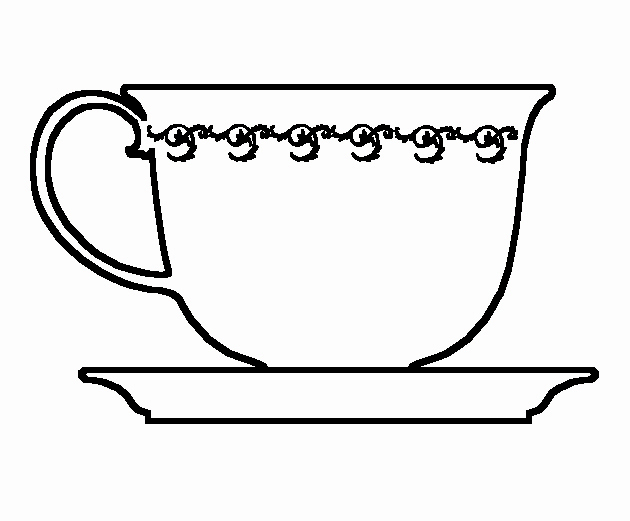Dear Etiquetteer: My husband and I decided to throw a potluck Thanksgiving Day Open House to best accommodate our expanded family, including mothers-in-law, babies, cousins, and their busy schedules. We thought it would be much more fun and convenient for people to come and stay as long as they want rather than having one fixed formal mealtime -- and we all know how long those last during holidays!
We posted an invitation on [Insert Name of Electronic Invitation Service Here] that included the line "Family and friends welcome." To my surprise, a distant cousin responded that he and his wife would not be able to attend because they were going to Thanksgiving at her family's house. I don't know either of them terribly well, but invited them as a courtesy and because we hope to get to know them better. However, even though he responded that they could not attend, he added six other people to our guest list (this was before I thought to disable that function!), none of whom I know -- I think one or two may be his children.
I would have had no problem if he and his wife had attended and brought their adult children and spouses with them. But to send them along to a party (only 20 or so people were invited in total) that they would not attend seemed inappropriate. And it seemed a large number of guests to invite without checking with us first.
I wound up deleting them from the guest list and "hiding" the replies. I am not in regular contact with the cousin, so I don't expect any complications. But what would be the appropriate response in the future? And am I correct in assuming that he crossed a courtesy line?
Dear Perplexed Potluck: To answer your last question first, Etiquetteer gets the impression the courtesy line was so blurry here that it was difficult for your cousin to know just what he was crossing. With statements like "Open House" and "Family and friends welcome," you led him to believe that all were welcome.
Plus your use of [Insert Name of Electronic Invitation Service Here] makes it FAR too easy to add as many additional guests as one wishes without contacting the host or hostess. This is one of several reasons Etiquetteer dislikes such services. [Secretly, Etiquetteer's Evil Fraternal Twin, Madame Manners (the Etiquette Dominatrix) wants to invite hundreds of strangers to someone's wedding on [Insert Name of Electronic Invitation Service Here.] It would serve them right.] When Etiquetteer issues invitations electronically, they are sent e-mail to e-mail without an electronic intermediary. For those who insist on using an Electronic Invitation Service, Etiquetteer highly recommends suppressing the guest list (to respect the privacy of guests) and disabling any function that permits the guests too much control over YOUR party (such as the ability to invite their own guests).
Etiquetteer does agree with you that, if a party guest is going to invite more guests to a party, he should accompany them to the party. But without realizing it, you created two opportunities for your cousin to invite his entire family to your home: first, by not disabling the "Invite additional guests" feature on your electronic invitation; and second, by saying "Family and friends welcome." It's also an open house, which you said you were giving because "it would be much more fun and convenient for people to come and stay as long as they want . . . " Even if your cousin and his wife WERE coming to the party, perhaps it might have been "more fun and convenient" for his six guests to come or go at times different from theirs. You'll infer from all this that Etiquetteer really prefers a set mealtime for holiday gatherings, whether formal or informal.
Etiquetteer remembers with great pleasure the many Thanksgiving, Christmas Eve, and Easter Sunday meals of childhood. At the homes of different family members in the 1960s and 1970s, Etiquetteer could expect long lines of card tables in every room set with snowy linen just like the dining room, the good china and silver, and a buffet in the kitchen groaning with turkey and all the trimmings. Having everyone together to break bread at the same time remains special. And of course early arrivals with fully laden plates would always use the Bible verse "When two or three are gathered in My name" to begin eating before everyone was seated. Ah, those halcyon days . . .
Etiquetteer also calls to your attention a little but significant contradiction. You begin by saying you "invited them as a courtesy and because we hope to get to know them better," but later that you are "not in regular contact with the cousin, so I don't expect this will cause any complications." You can't get to know them better without starting some sort of regular contact. Etiquetteer encourages you to consider another open house, for New Year's Day, and to make a special point of inviting this cousin and all his family to join you. You might end up starting the New Year by making new friends within your own family.




